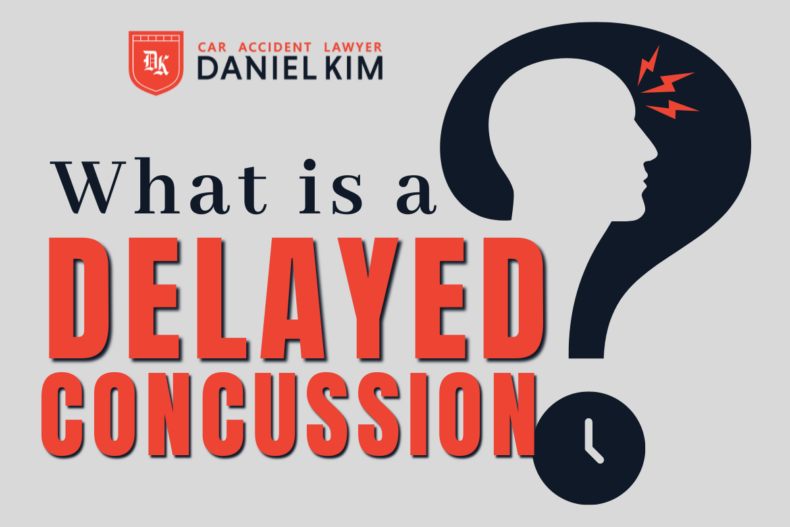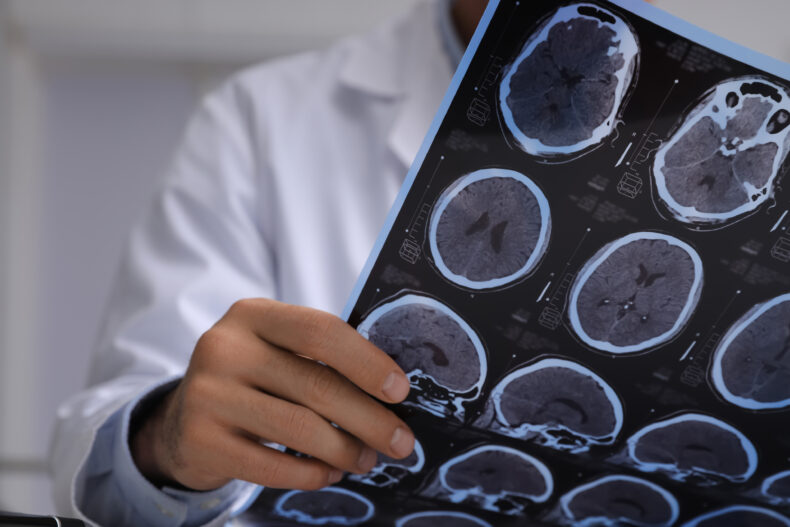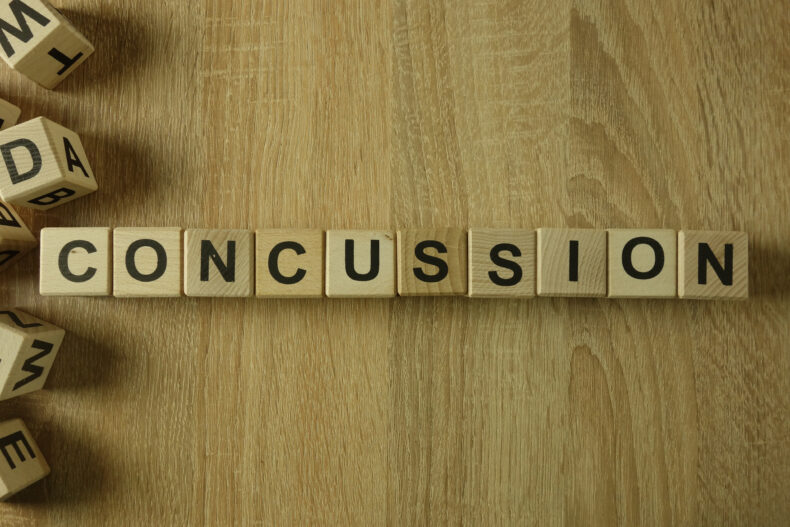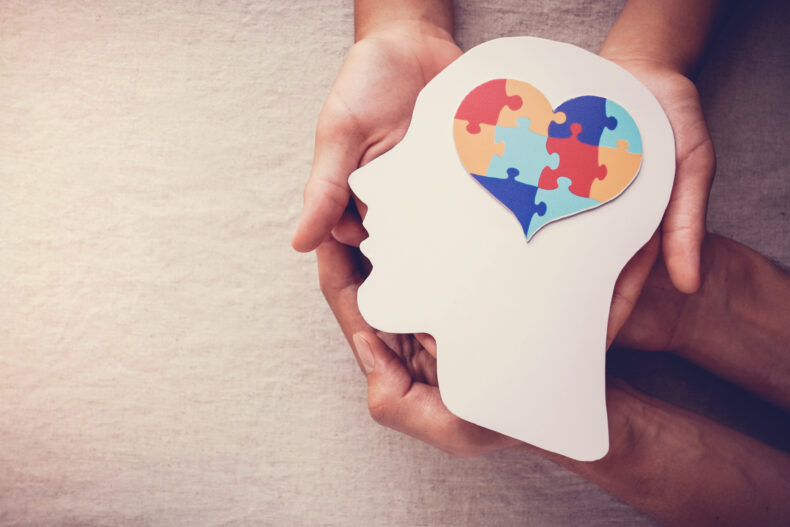Delayed Concussion Symptoms
A concussion is one of the most common injuries following a car accident. While generally not life-threatening, it can result in various serious cognitive and behavioral issues. Some concussion symptoms may even be delayed, which can add to the severity of the injury.
Concussions and traumatic brain injuries are commonly known as “invisible injuries.” This is because unlike other injuries like broken bones, concussions and traumatic brain injuries can be hard to detect and diagnose, especially if the symptoms are mild or delayed.
If you or someone you know was in a serious motor vehicle accident, it is important to know about concussion symptoms and if you experience delayed concussion symptoms.
What Is a Concussion?
A concussion is a type of traumatic brain injury (TBI) caused by a blow, bump, or jolt to the head or body that causes the brain to move rapidly back and forth, leading to damage to brain tissue. It is considered a “mild traumatic brain injury” (mTBI) but is still a serious medical condition that requires immediate treatment.
According to the Mayo Clinic, the most common causes of concussions are:
- Car accidents
- Falls
- Contact sports such as football, hockey, soccer, boxing, and rugby
- Motorcycle accidents
- Pedestrian and bicycle accidents
- High-risk sports without proper safety equipment
- Assault
Symptoms of a Mild Traumatic Brain Injury
Despite popular belief, most concussions do not result in losing consciousness. Some symptoms of a concussion are minor, while others are much more serious and require immediate medical attention. Concussion symptoms are categorized into four groups: cognitive, physical, emotional, and sleep-related.
Concussion victims may experience the following symptoms:
- Dizziness
- Confusion
- Headache
- Fatigue
- Nausea or vomiting
- Double or blurry vision
- Memory loss
- Ringing ears
- Difficulty concentrating or learning new information
- Sensitivity to light or noise
- Balance problems
- Loss of smell or taste
- Trouble falling asleep
- Irritability
- Decreased coordination
- Slower reaction time
- Changes in personality
- Feeling “in a fog”
What Is a Delayed Concussion?
Concussion symptoms do not always occur immediately and may become apparent days or even weeks after the injury. Additionally, it is common for MRI or CT scans to come back as normal. A delayed concussion may come and go and present no serious risk, but it can also turn into a more serious health issue.
It is important to seek medical attention if you experience any of these severe symptoms, such as:
- Repeated vomiting or nausea
- A loss of consciousness lasting longer than 30 seconds
- A headache that gets worse over time
- Confusion or feeling as if in a fog
- Amnesia surrounding the traumatic event
- Slurred speech
- Delayed response to questions
- Dazed appearance
- Forgetfulness, such as repeatedly asking the same question
A delayed concussion can have serious consequences for your health and well-being, especially if you do not rest and recover properly. Some of the complications of a delayed concussion include:
Post-concussion syndrome
According to the Concussion Alliance, almost a third of Americans who sustain a mild TBI experience persistent post-concussion symptoms, also known as post-concussion syndrome (PCS). This is when symptoms persist beyond the normal recovery time, which is two weeks for adults and four weeks for children. Concussion patients suffering from PCS may experience symptoms like headache, fatigue, confusion, and dizziness for more than three months.
Second impact syndrome
Second impact syndrome (SIS) occurs when an individual experiences a second head injury before the first one has healed. It can cause rapid swelling of the brain, which can lead to a permanent disability, coma, or death. SIS is most common in athletes who return to their sport without fully healing from their first concussion.
Chronic traumatic encephalopathy (CTE)
CTE is a degenerative brain disease that can develop after multiple concussions or head injuries. It gets worse over time, but can only be diagnosed after death during an autopsy of the brain. Because of the involvement of repeated head trauma, CTE and second impact syndrome are closely related. Athletes who play contact sports including boxing and football and military veterans are at the greatest risk of developing CTE.
Can You Drive With a Concussion?
Before you ask yourself this question, you should always check with your doctor. The general rule of thumb is to avoid driving at least 24 to 48 hours after a concussion or head injury. If you are not experiencing any of the common concussion symptoms, you are likely fine to start driving again after a couple of days.
However, if you are experiencing symptoms like light sensitivity or confusion, you should not get behind the wheel. Have a family member or friend drive you or use a rideshare app like Uber or Lyft to get around. Rest is the most important factor in concussion recovery, so take time to let your body heal.
National Concussion Awareness Day
National Concussion Awareness Day is recognized every third Friday in September. It began in 2016 by Brooke Mills, who suffered a concussion as a freshman in high school. The goal of this day is to promote awareness of head injuries and encourage discussion among TBI survivors.
If you or someone you know experienced delayed concussion symptoms following a car accident, you should first seek medical care and even physical therapy. You should then consider talking to a brain injury lawyer who can help you obtain financial compensation. Contact our Irvine car accident lawyer at The Law Offices of Daniel Kim to schedule a free consultation at (949) 529-2552 or by filling out a contact form here.






